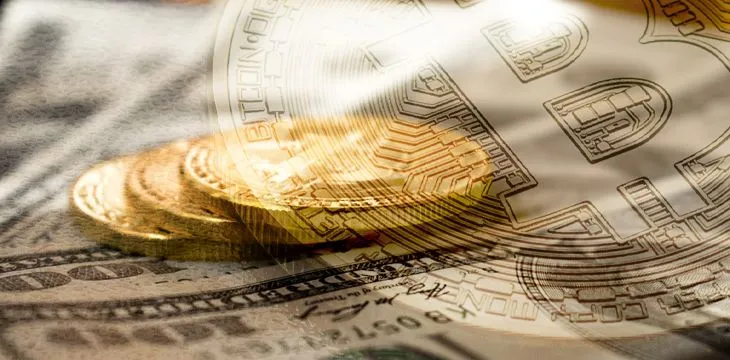|
Getting your Trinity Audio player ready...
|
A federal court in Washington, D.C., is pushing ahead with charges against an “underground” Bitcoin exchange, ruling that Bitcoin counts as money under law. The ruling mostly brings the District of Columbia into line with the federal and state governments’ treatment of digital assets regarding money transmission and laundering. However it serves as a potent reminder that assuming Bitcoin can be used to circumvent financial laws is both wrong and dangerous.
Larry Dean Harmon, of Ohio, allegedly operated the “Helix” coin-mixing platform from 2014 to 2017, and scrambled over 354,468 BTC for the AlphaBay darknet marketplace and others. He was charged with conspiracy to commit money laundering and being an unlicensed money transmitter. Harmon had attempted to dismiss the unlicensed money transmission charges by arguing that Bitcoin is not money under existing law.
Coin mixers (sometimes known as tumblers) are online services that take users’ Bitcoins and attempt to scramble their transaction history by mixing them with others, before (usually) returning them to the originator. This, in theory, makes them less traceable to any illegal activity. As we’ve warned previously, no coin mixing service is operating legally and using one is regarded as extremely risky.
In her ruling, Chief Judge Beryl A. Howell used commonly-accepted principles to define “money”—that is, a medium of exchange, a method of payment, and a store of value. “Bitcoin is these things,” she wrote. The ruling added that D.C. doesn’t have a strict definition of the word money on its books, but may define money as it sees fit.
Bitcoin is money and property
Bitcoin, now traded with the ticker symbol BSV, was not designed to be anonymous, or used as a tool to facilitate criminal activity. Despite what some promised in the past (and continue to promise even now), Bitcoin is not anonymous. Coin mixers are illegal and inherently untrustworthy. Many who used mixers or darknet marketplaces, either as vendors or customers, have learned this the hard way.
Unfortunately, they may continue to do so—anonymity, under the guise of “financial privacy” is still a goal for many in the digital asset industry. There are so-called anonymous digital currencies designed exactly for that purpose, and additions made to coins like BTC and BCH that mask users’ identity and transaction details. Whether they work or will continue to work is questionable, as authorities in many countries have made it a goal to make those networks more transparent. If they can’t, they will find ways to restrict their use.
Bitcoin BSV is an open and transparent ledger that protects users’ privacy, yet remains traceable to investigators should they require it. Remember that if a system is anonymous for the lawful but privacy-conscious, it’s also anonymous for the powerful, corrupt and criminal—the end result being a worse world for all. Bitcoin is money and property, and its use is subject to any laws covering those things.

 08-03-2025
08-03-2025 





